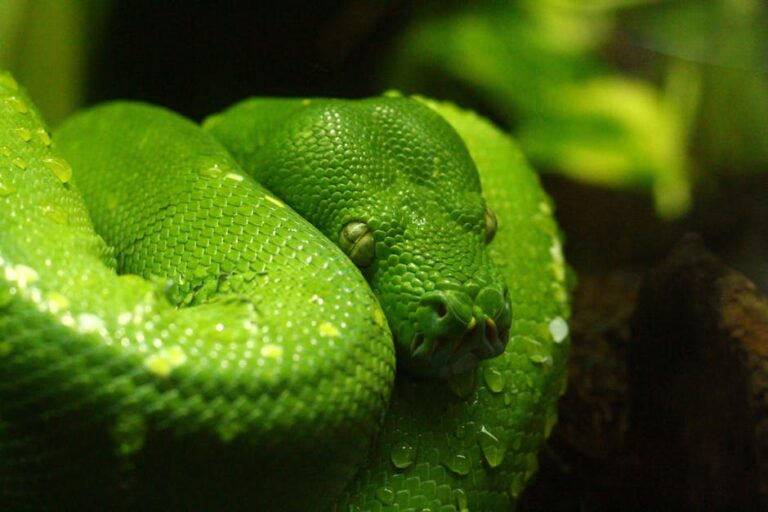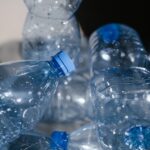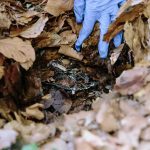Millions of plastic beads contaminate popular english beach after wastewater plant failure

A massive environmental cleanup is underway at Camber Sands, one of England’s most beloved beaches, after millions of plastic biobeads washed ashore following a catastrophic equipment failure at a nearby wastewater treatment facility. The disaster, which occurred last week, has transformed the popular Sussex coastline into a contamination zone where dozens of volunteers are now desperately working to remove countless peppercorn-sized black plastic pellets by hand.
The crisis began when Southern Water’s Eastbourne Wastewater Treatment Works experienced a mechanical breakdown, releasing the biobeads into coastal waters. These plastic spheres, ironically designed to help clean wastewater by providing surfaces for beneficial bacteria to attach and remove contaminants, have now become the very pollution they were meant to prevent. Southern Water has accepted full responsibility for the unprecedented spill.
The scale of the cleanup effort reflects the severity of the situation. Approximately 40 volunteers can be seen crawling across the sand on hands and knees, methodically searching for the tiny plastic beads that have embedded themselves throughout the beach. Heavy machinery is also being deployed to assist in the removal process, but the task appears overwhelming given the sheer volume of contamination.
Environmental experts are deeply concerned about the long-term impact on Camber Sands’ fragile ecosystem, particularly its rare dune habitat and local wildlife populations. The discovery of a seal carcass on the beach has heightened fears about potential connections to the pollution, though the full extent of environmental damage remains unknown. Cleanup crews describe their efforts as “fighting a losing battle” as they race against time to minimize ecological harm to this treasured coastal environment.
This article was written by the EnviroLink Editors as a summary of an article from: The Guardian







